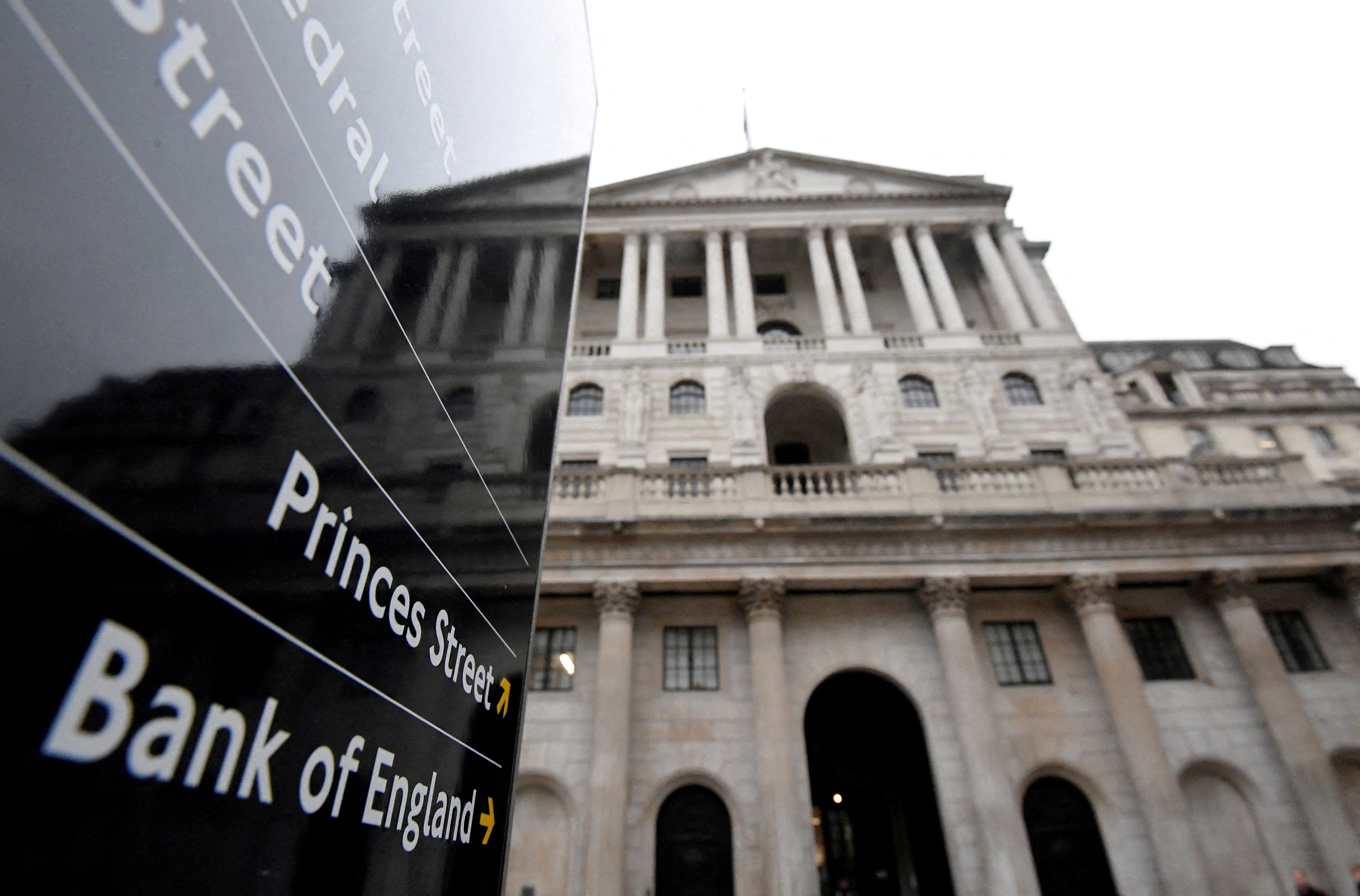Rampant inflation and a looming recession mean the Bank of England has few good options at its disposal
Ultimately, the Bank has one main tool, raising interest rates. The current situation shows how ineffective a weapon it can sometimes be, writes Ben Chapman


The Bank of England has a thankless task at present. Whatever it chooses to do with interest rates it will be criticised.
Its main job is to tame inflation and slow down the surge in prices of essential goods that is causing real pain for people across the country.
The problem for the Bank is that it only really has one lever it can pull – raising interest rates – and that is likely to cause more economic pain, just as the UK teeters on the brink of a recession. However, doing nothing could be worse. There are few good options.
Rampant inflation indicates that the economy is running too fast. Demand for goods and services is outstripping the ability of businesses and workers to supply them.
In theory, raising rates acts like a brake. The Bank hopes that it can dab its foot lightly on the pedal, making it a little more expensive to borrow money and thereby reducing demand.
That’s what it did on Thursday, increasing its interest rate by a quarter of a percentage point to 1.25 per cent – the highest since 2009.
The hope is that this gentle approach will be enough to stop prices accelerating to the point where they become out of control. The fear is that if it does too little, inflation becomes entrenched: when everyone expects prices to jump, they all put their own prices up in anticipation, and a vicious cycle is created.
Some commentators say the monetary policy committee “bottled it”, and should have slammed the brakes on more abruptly. After all, inflation is now expected to hit a peak of 11 per cent this year, a level that hasn’t been seen for four decades.
The issue for the Bank is that the problems are largely beyond its control. Major shocks to supplies, of oil, energy, goods and workers mean that the capacity of our economy – and others around the world – to produce things has fallen.
Meanwhile, the amount of things people want to buy hasn’t fallen, or at least not by as much. The only way prices can go is upwards.
There is not much central bankers can do about Vladimir Putin invading a sovereign nation, and they cannot halt the chaos that has swept through supply chains in the wake of a global pandemic. So what next?
It is sometimes said that the only cure for high prices is high prices. People will be forced to buy less because they can afford less. This process of adjustment will be painful, whatever the Bank of England does. Its task is to minimise that pain.
Whisper it, but the way monetary policy – raising or lowering interest rates – has tamed very high inflation in the past is by helping to cause a recession so that demand falls back in line with supply.
Ultimately, the Bank has one main tool. The current situation shows how ineffective a weapon it can sometimes be.






Join our commenting forum
Join thought-provoking conversations, follow other Independent readers and see their replies
4Comments